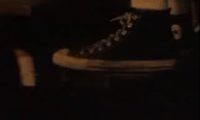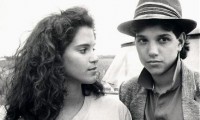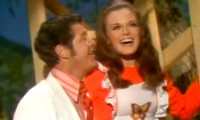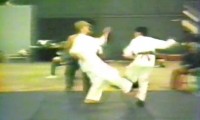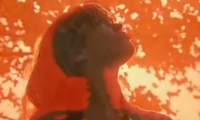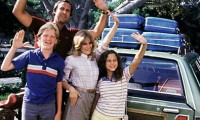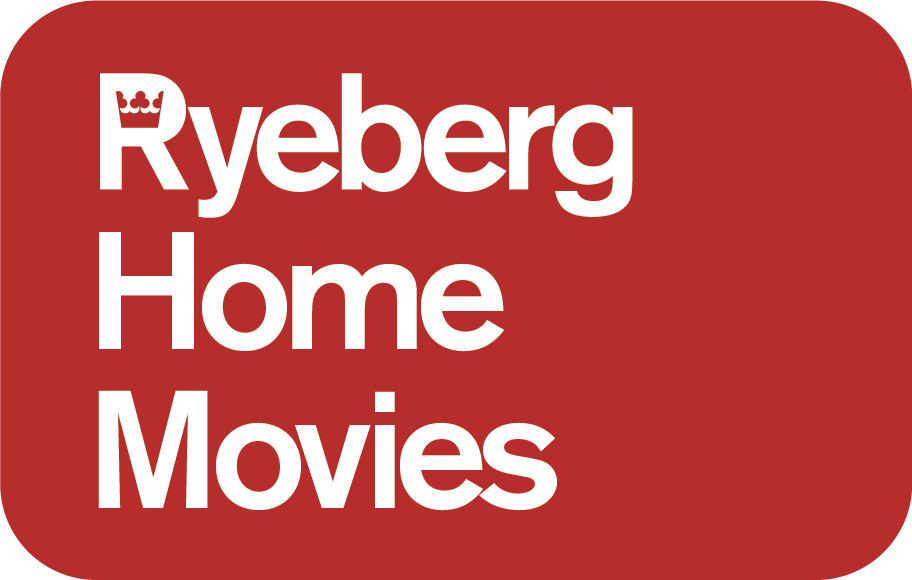Rock music in a live setting derives its might from volume – the movement of wind, the blare of jacked amps. Its power is in its effect—that cliché that finds us in ‘the moment.’ In that exchange between crowd and performer, something uniquely stirring occurs. We as audience bear witness.
Televised rock typically does not favour such an experience. While TV may have created many pivotal moments in music history — “The Ed Sullivan Show” was a big part of sculpting twentieth century rock’s trajectory, and shows like “Saturday Night Live” and “Top of the Pops” boast bountiful archives of thrills — it too often gives us promos, mere glimpses of the genuine article.
The Smiths, “William, It Was Really Nothing” (TOTP, 1984)
Punk rock is a unique beast. Punk is, or should be, about defiance, not finesse and digestibility. Winding it up and letting go on a directorial cue is antithetical to its purposes. The band that howls onstage will find its voice muted in the studio setting.
Hüsker Dü, “Could You Be the One” (Joan Rivers Show, 1987)
The mandate falls upon any contender worth its salt to subvert such occasions. One solution is total sabotage: spew the chaos into the living rooms of the masses.
John Joseph remembers the “Fear” appearance on “SNL” in 1981
“SNL” is notoriously protective of how its footage ends up online, but you can view Fear’s actual performance here — mediocre band, great TV.
Or you can take the piss out of the whole farce of performance. “Top of the Pops” was widely criticized for its longstanding insistence on backing tracks and ‘miming’ (as the union deemed it), but adherence to recorded versions is completely in line with its celebration of singles and ‘number ones’ over any spontaneous ripping-up-of-shit.
Nirvana, “Smells Like Teen Spirit” (TOTP, 1991)
Punk is, of course, deeply invested in image, or anti-image, or anti-anti-image. Such vexations can make for thrilling television, especially in the context of a squaresville institution like “American Bandstand.”
Public Image Ltd., “Poptones” and “Careering” (American Bandstand, 1980)
In the hands of an unskilled engineer, even the mightiest band, isolated and exposed, will sound like ass through TV speakers; rockers everywhere fear the dreaded “board tape”: a mix of midrange-y hi-hat and warbly backing vox. Sometimes, however, the wimp-ification of television sonics lends a certain charm.
X, “Hothouse” (David Letterman Show, 1984)
Or maybe suck is just suck, punk cred or otherwise.
Red Hot Chili Peppers, “I Get Around” (2005)
– Rob Benvie
